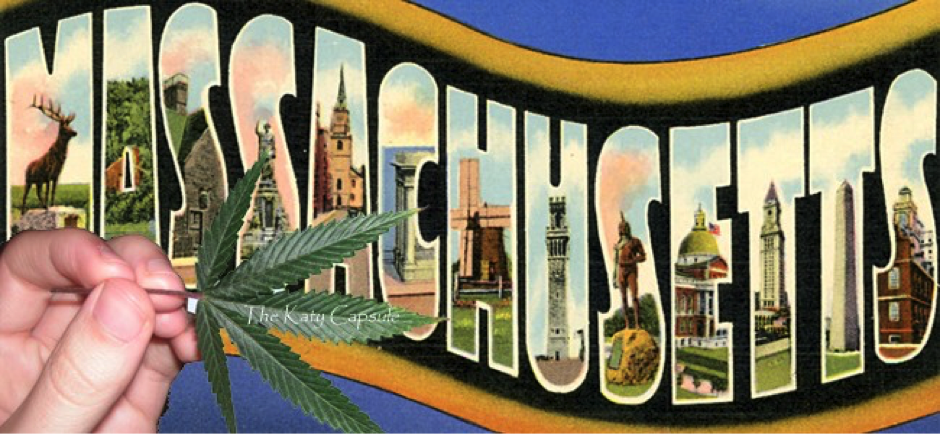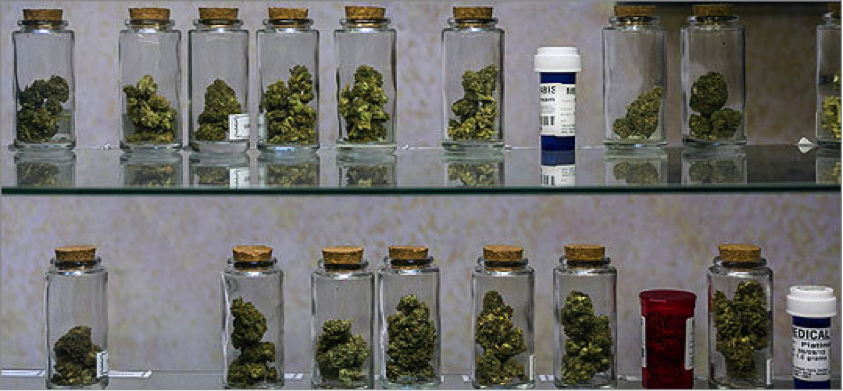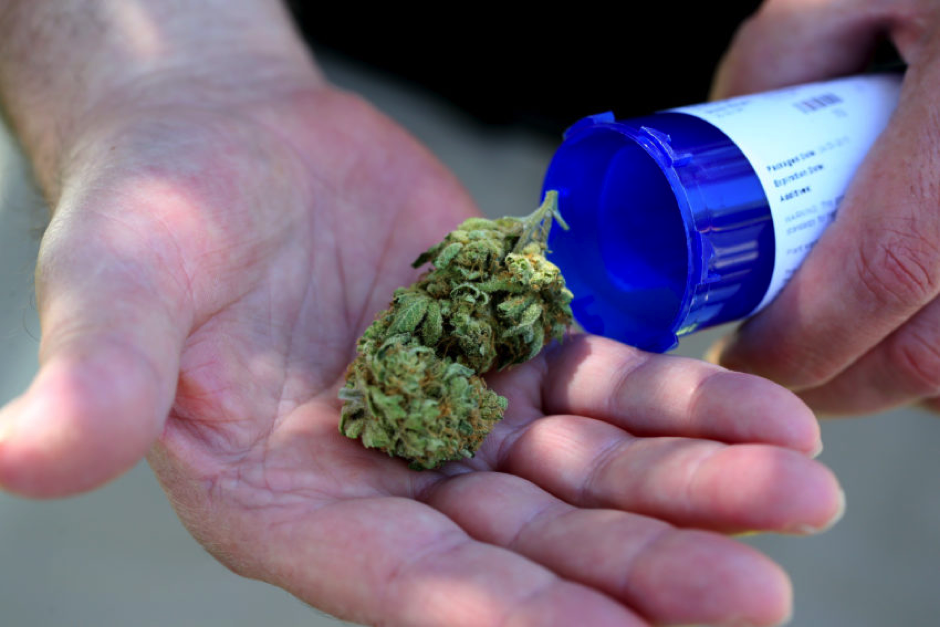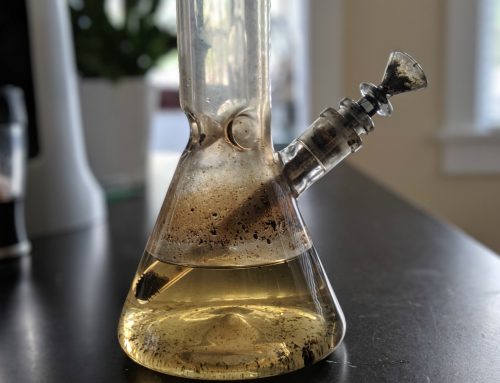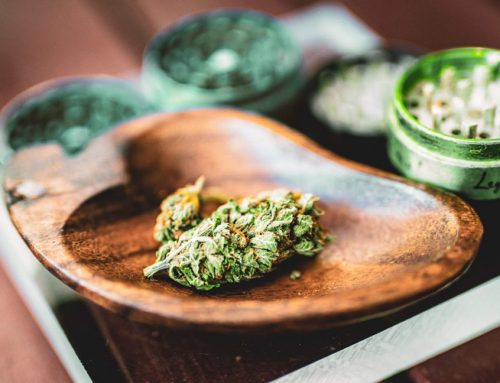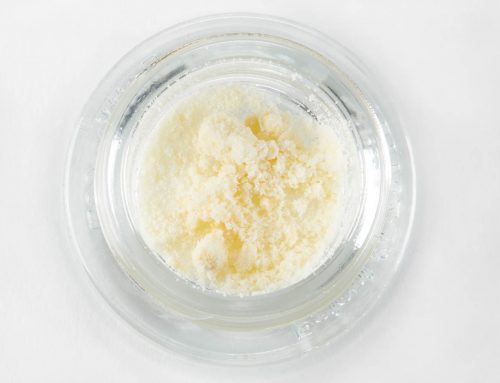The nine states heading to the ballot boxes in November to vote on the future of cannabis really couldn’t contrast sharper with one another. While some have been right at the forefront of the campaign to legalize cannabis for decades, others still treat cannabis users like the scum of the Earth. A harsh way of putting it, but true nonetheless. Which is why in some instances, the result of the vote is already a foregone conclusion and the future outlook couldn’t be brighter. In others, the vote could go either way. And even if it goes the right way, this doesn’t necessarily mean the kind of immediate positive progress we’d all like to see.
Most of us, anyway.
It’s definitely an interesting story in Massachusetts which has the potential to go either way, given the results of recent polls. Cannabis policies as they exist today make the state one to watch with how exactly they’ll handle things, if recreational marijuana is given the go-ahead a few weeks from now.
-
Link- Where Do The Presidential Candidates Stand On Cannabis?
-
Link- California Cannabis Future Begins November
-
Link- Video Ad Highlights Lunacy Of Anti Cannabis Campaigns
-
Link- Eight Things To Expect If Your State Legalizes
Marijuana in Massachusetts
To date, Massachusetts hasn’t exactly earned a stellar reputation for fighting the good fight for cannabis legalization. Or at least, it hasn’t when compared to the West Coast in general. However, compared to what’s been going on with various East coast states, they’re certainly pulling their weight right now. Marijuana was decriminalized in Massachusetts back in 2008, which basically means you won’t be handed down a heavy sentence for possession or use. And perhaps more importantly, medical marijuana was legalized in the state in the closing months of 2012.
The legalization of medical pot permitted patients (in accordance with doctor’s permission) to hold onto a maximum two-month supply of cannabis. It wasn’t until 2015 that the fist dispensaries opened their doors though, which as of today are popping up all over the state. Still, recreational pot remains illegal in the state of Massachusetts, though being busted with up to an ounce for personal consumption is punishable by a rather slender fine of $100.
A Gloomy Start
Just a few short months ago, extensive polls carried out state-wide found that the majority of Massachusetts residents intended to vote against the legalization of recreational cannabis. Carried out by Gravis Marketing, the poll found the while 42% of people said they’d be voting to get cannabis legalized, 51% said they would be doing the opposite. Even with the 9% that hadn’t yet made their minds up, this didn’t bode well for the future of legal marijuana in the state.
As for the bill itself, Question 4 (if enacted) will make it legal for adults aged at least 21 to grow up to six marijuana plants at home for personal use, keep a stash of up to 10 ounces of pot at home and carry up to an ounce of weed at any one time. Close to 1,000 voters were contacted to gauge support for the motion – the picture painted was rather gloomy to say the least. Campaigning on both sides of the fence has been frenzied to say the least, but for whatever the reason the ‘no’ camp had the upper-hand.
The question being – can they hold onto it?
A Swing in Support
Well, the simple answer according to the most recent poll carried out is…no – no they cannot. With no more than a few weeks to go until the people of Massachusetts head to the ballot boxes, it’s looking as though the ‘no’ camp have lost their edge and legalization of recreational cannabis will indeed go ahead. The poll was carried out by WBUR/MassINC and seems to paint a much more reassuring picture of what’s to come – just as long as things don’t go and swing wildly again in the meantime.
Specifically, the poll found that while 45% of voters are intending to oppose cannabis legalization, 50% say they will support the move. As of now, just 5% said that they were still making their minds up which way to vote. Of course, technically this could result in a dead-heat 50-50 split, but this is looking unlikely at this stage.
Another significant finding the poll returned was the way in which attitudes to cannabis have shifted radically over recent years. When asked about their thoughts and opinions on cannabis use in general, a full 80% of those polled said that they did not believe cannabis consumption was ‘morally wrong’, even if they themselves intended to oppose legalization.
Should the bill go ahead, Massachusetts can expect the same relatively bumpy road as that already traversed by Colorado, Washington and Alaska. As so many economists and experts have already warned, actually getting the new cannabis industry up and running really isn’t going to be as easy as just flipping a switch. State-licensed cannabis retail outlets will be established in dozens of towns and cities, with licensed cultivation centres producing the stuff that goes on sale. Nevertheless, actually getting to grips with the new legislation and licensing matters will undoubtedly prompt a variety of teething problems and roadblocks along the way.
Still, it paves the way for a sensible and liberal future for the cannabis community of Massachusetts, which is already leaps and bounds ahead of many other regions.
The Corporate Fightback
It should be clear to anyone with a modicum of common sense that all campaigning one way or the other when it comes to cannabis legalisation should focus on the greater good of the public. If it’s in the public’s best interests, it should be legal. If it’s not, keep it off the streets. But what it should never come down is the financial interests and concerned of America’s biggest businesses – some of which would prefer to keep marijuana out of reach for the sake of lining their own pockets.
Some of the biggest names in alcohol production and distribution have added their names to the campaign seeking to ensure cannabis legalization doesn’t happen. In fact, you could say that the Massachusetts alcohol industry is well and truly leading the charge to make sure the amendment doesn’t go ahead. Indeed, a committee that represents no less than 16 beer distributors in Massachusetts is now known to be one of the three biggest donors to the anti-cannabis campaign.
In addition, the people behind the Sam Adams brand – i.e. The Boston Beer Company – are also apparently deeply concerned about what might happen if cannabis gets the green light state-wide. Back in February, eagle-eyed industry watchers noted an SEC filing from the company, which stated in no uncertain terms that: “Certain states are considering or have passed laws and regulations that allow the sale and distribution of marijuana. It is possible that legal marijuana usage could adversely impact the demand for the Company’s products.”
More Bud, Less Beer?
Indeed, it’s no secret that those with a taste for the recreational cannabis lifestyle tend to drink exponentially less than those who don’t touch weed but enjoy hitting the bottle. Which in turn means that the more people across the state that make the switch to cannabis, the less beer these guys can expect to sell. Which given the fact that alcohol is so much deadlier than cannabis should be seen as a brilliant thing. That is, unless you’re only bothered about how much cash gets stuffed into the coffers…as is the case in most areas of big business.
But while it seems like this would be something of an inevitability, what’s been happening in Colorado since legalization of recreational cannabis paints an entirely contrasting picture. Contrary to the expectations of pretty much everyone, beer and alcohol sales in Colorado have actually increased over the last couple of years.
“Tax records show that alcohol sales have continued to grow in Colorado despite the rapid rise of recreational marijuana,” reported The Guardian.
“Even as tax revenues from marijuana nearly tripled between June 2014 through May 2015, alcohol sales continued to steadily increase as well, with alcohol excise taxes rising 2.1%, the same increase as the year prior.”
Which in turn gives the impression that the actions and decisions of the alcohol industry in Massachusetts are being based entirely on presumptions and projections, rather than hard evidence to date. There’s really no way of knowing at this stage how the bill could affect alcohol sales if it is enacted – nor is it a dead-cert that it will even be enacted in the first place. It’s all running on a bit of a knife’s edge at the moment, which given how much cash big business is pumping into the anti-cannabis campaign could swing things in either direction.

